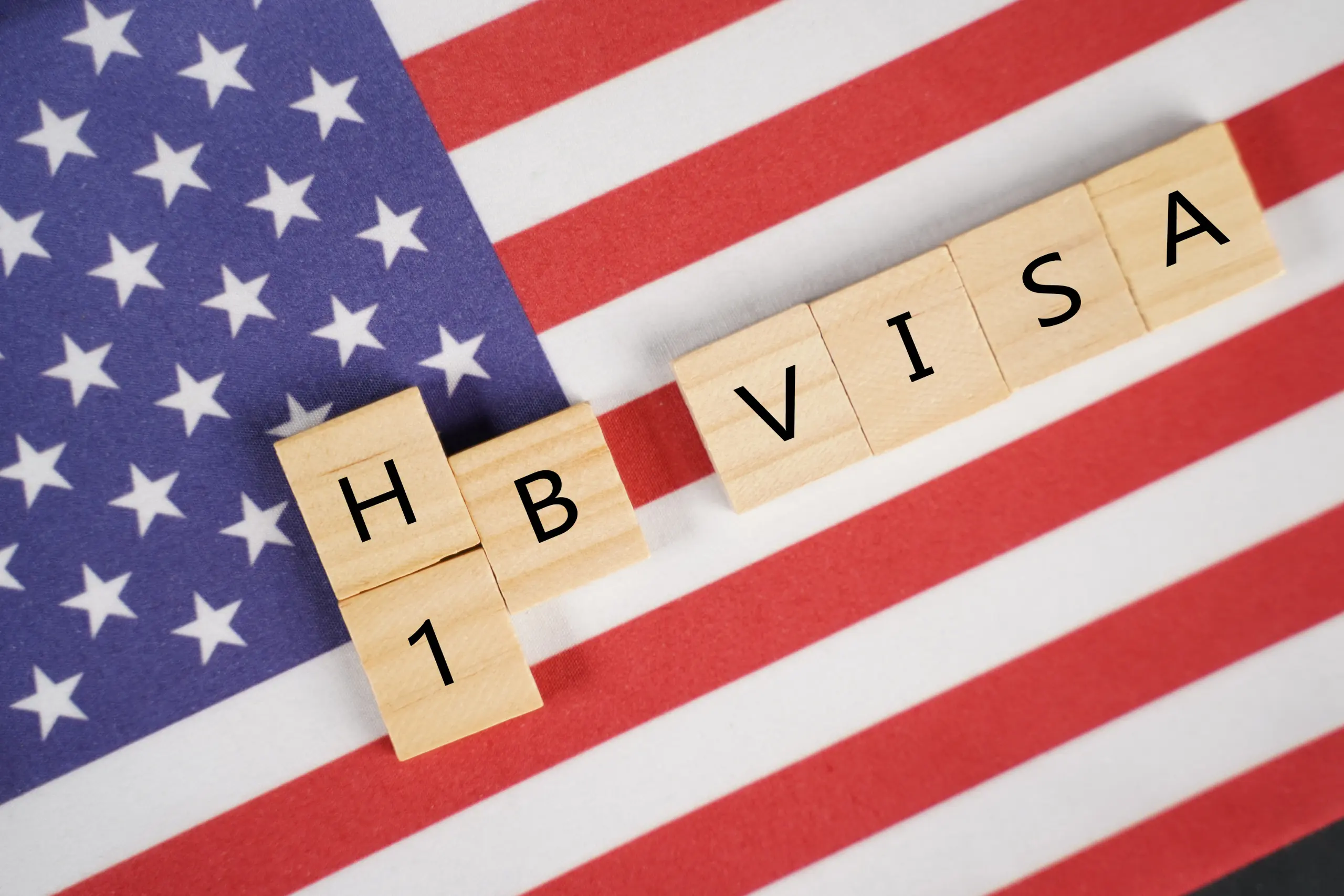Welcome to the Guberman // Appleby Immigration Update. We hope you find the information provided relevant to your immigration needs. Our objective is to highlight recent updates in immigration that are of interest to our readers.
Today’s topic:
- President Donald Trump’s June 4, 2025, proclamation creating a new travel ban restricting entry for nationals of 19 different countries for an indefinite period.
On June 4, 2025, President Donald Trump issued a proclamation banning the entry of citizens from 12 different countries and restricting entry for citizens of an additional 7 countries. This order came into effect on June 9, 2025, and only applies to foreign nationals of these countries who are outside the United States after June 9, 2025, and who do not have a valid visa. There is no set end date to this ban.
Countries Affected by Travel Ban
Under this proclamation, citizens from Afghanistan, Chad, The Republic of Congo, Equatorial Guinea, Eritrea, Haiti, Iran, Libya, Myanmar, Somalia, Sudan, and Yemen will be unable to enter the US under any visa category.
Citizens from Burundi, Cuba, Laos, Sierra Leone, Togo, Turkmenistan, and Venezuela will not be allowed entry on specific visas. These visa categories are B-1 (business visitor), B-2 (Tourism), B-1/B-2, F (student), M (vocational student), and J Visas (exchange programs).
Exceptions
Importantly, there are several exceptions to this proclamation. The ban would not affect the following individuals.
- Existing US permanent residents and their immediate family members who hold immigrant visas
- Dual nationals if the individual is travelling on a passport issued by a non-designated country
- Foreign nationals travelling with a visa to conduct official business on behalf of their foreign government
- Any athlete or member of an athletic team traveling for the world cup, Olympics, or any other major sport event determined by the secretary of state
- Immediate family immigrant visas with clear evidence of identity and family relationship (e.g., DNA)
- Adoptions
- Afghan special immigrant visas
- US government employees with special immigrant visas
- Immigrant visas for ethnic and religious minorities facing persecution in Iran.
- The attorney general can also make exceptions to this ban under their discretion for individuals that they find would advance a critical US interest involving the Department of Justice.
History behind the Ban
The new travel ban echoes the travel bans that Trump issued throughout his first term in office. In January of 2017 Trump issued his first travel ban for immigrants from 7 majority Muslim countries. Because of this, the ban was widely labeled a “Muslim ban” by the Trump government as well as its critics. This ban resulted in significant logistical issues as it went into effect a day after it was announced resulting in chaos at numerous airports throughout the country. One cause of this issue was a lack of clear exemptions to the order. This travel ban was the result of considerable litigation based on a lack of due process and discrimination due to religion.
In response to the litigation a second travel ban was issued in March of 2017 for 90 days which removed Iraq from the list of designated countries and added exemptions. This order was also the subject of litigation and so it was replaced by a third travel ban that was indefinite in length and targeted six majority Muslim countries as well as North Korea and Venezuela. Then in 2020 the ban was expanded to include an additional six countries. Subsequently most of these restrictions were revoked under the Biden administration in 2021.
Analysis of Current Ban
The 2025 travel ban is both similar and different to its previous iterations. Like the 2020 version, the new travel ban indefinitely halts entry for individuals from listed countries, provides a detailed explanation of why each country was added to the list, and has a clear list of exemptions. Because of this it is unlikely that it will be stayed in court which happened to the original 2017 version of the travel ban. But this ban is distinct from pervious iterations because it does not expressly target Muslim majority countries. This is clear from the new inclusion of states such as Haiti, Cuba, Laos, Togo, Equatorial Guinea as well as others, which are all not Muslim majority states.
Instead of targeting countries based on their religious make-up this travel ban largely justified its targets based on several criteria including:
- The rate at which nationals from a given country overstay on their US visas.
- Whether a nation is willing to accept back removable nationals in the US.
- Whether there is a competent and/or cooperative central authority for issuing passports and civil documents that has appropriate screening and vetting measures.
- Whether there is an identified security or terrorist threat from the country or its government.
President Trump has stated both that the list could be revised if improvements were made from targeted countries and that new countries could be included if threats emerge. Critics have noted though that there is a lack of specific targets or criteria that countries included in the ban could work towards to be removed from the list.
// CONTACT US
We welcome you to contact us directly to discuss the above. Please contact one of our Toronto immigration lawyers, by reaching out to our general line 416 548 7100 or via email info@gaimmlaw.com. Our immigration lawyers are always available to discuss any of your specific Canadian or US immigration queries either virtually or in person. We look forward to hearing from you.







